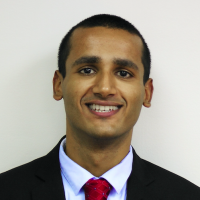Impact of the Paris Attacks on Immigration Policy
After the worst attacks on French soil since World War II, anxiety is growing across Europe—including in Germany—on the topic of immigration. The Paris attacks have raised fears that IS terrorists could be among the hundreds of thousands of refugees seeking entry to the EU—a fear already voiced by some even prior to the attacks. With some politicians blaming Merkel for her liberal policies on asylum, others worry that creating a superficial link between refugees and terrorism could increase the risk of attacks on refugees in Germany. The German public is similarly divided: anti-immigration group Pegida staged a rally just one day after the Paris attack, while others protested against Pegida’s xenophobic ideology. Merkel has maintained her policy on asylum-seekers, standing firm on her conviction that Germany is strong enough to absorb the influx, and that Germany’s position as a country of immigration is beneficial. This is exemplified by the transition of the Ruetli school in Berlin. Once a symbol of all that was wrong with Germany’s integration policy, the school’s success now offers hope to the integration challenge.
The Paris attacks have left a mark in the U.S. as well, reshaping the U.S debate on immigration and security. Some U.S lawmakers have called for a halt on the Syrian refugees seeking entry to the United States, fearing a similar type of attack. At the state level, over two dozen governors have stated that they will not allow Syrian refugees to seek asylum in their states—while still others have issued statements welcoming to refugees. The fear may be legitimate, but it needs to be stressed that there already exists a lengthy 18 to 24 month screening process before refugees are cleared to enter the United States.








